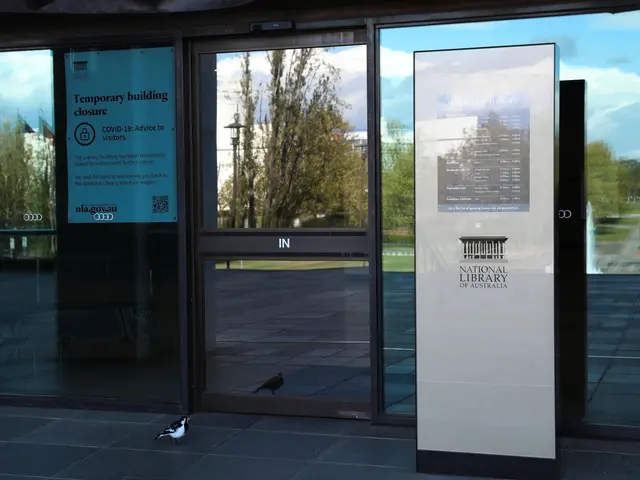Australia is a country with thousands of remote small towns, isolated by hundreds of kilometers of desert, farmland and bush. While these may seem like an ideal sanctuary during the COVID-19 outbreak, outsiders are being firmly told to "stay away". Social and economic impacts and insufficient health services mean that remote communities could become some of the hardest hit by the coronavirus.
Agriculture Minister David Littleproud told Australia's national broadcaster on Wednesday that there had been a surge of Australians packing up their caravans and heading inland, passing through countless at-risk communities, and potentially spreading the virus on their way.
"They're not just putting themselves at risk, they're actually putting these little communities at risk," Littleproud said.
One of the concerns for those in small towns is the availability of health services, with a lower number of accessible doctors and other facilities already an issue in rural Australia.
"We don't expect to have huge medical facilities but the ones that are here are designed to support the small communities that are here and when you have a significant influx of thousands of people it puts everyone at risk," Littleproud said.
Allan Wilson, a resident of Temora in rural New South Wales state, told Xinhua that the virus had the potential to spread in his community like wildfire and that advising outsiders to stay away was likely their best defense.
"Small country towns like Temora probably don't have the infrastructure in place to be able to handle something of this magnitude," Wilson said.
To help deal with virus outbreaks in remote communities, the federal government said last month that it would fund 100 dedicated COVID-19 clinics to help deal with mild to moderate symptoms, however it was unclear where exactly these would be deployed.
Testing clinics have appeared in some of the larger rural centers, however smaller communities including Temora are so far relying on existing services to handle a potential outbreak, with Wilson saying that severe cases would likely be transferred to city hospitals for treatment.
With a population of a little over 4,000, measures to curb COVID-19 have hit hard in Temora and towns like it, not just economically but socially.
Many small town businesses were already struggling to recover following Australia's horror bushfire season, as well as an ongoing drought - with new social distancing measures threatening to tip some business owners over the edge.
"We've already had several businesses close up shop. I think from a rural perspective that's probably having the biggest effect," Wilson said.
Another blow, especially for those living on secluded properties, is the loss of social ties, through sporting events which have all been called off, and shutting the doors of local pubs, now only serving takeaway food and beverages.
"There's a huge social impact that's going to come out of this I think, as well as an economic impact, because those services are where townspeople congregate, especially those from out of town who live on farms," Wilson said.
Crucially, once the virus emergency passes, small towns like Temora will need as much help as possible to get up and running again, including somewhat ironically, visitation from tourists to boost local economies.
"We are happy to have you out there, but just at this time we all need to take a breath and stay away until we get through this," Littleproud said.
 简体中文
简体中文




